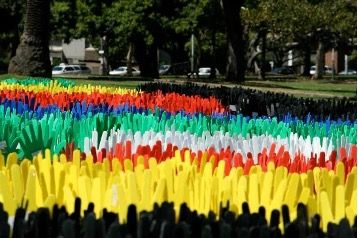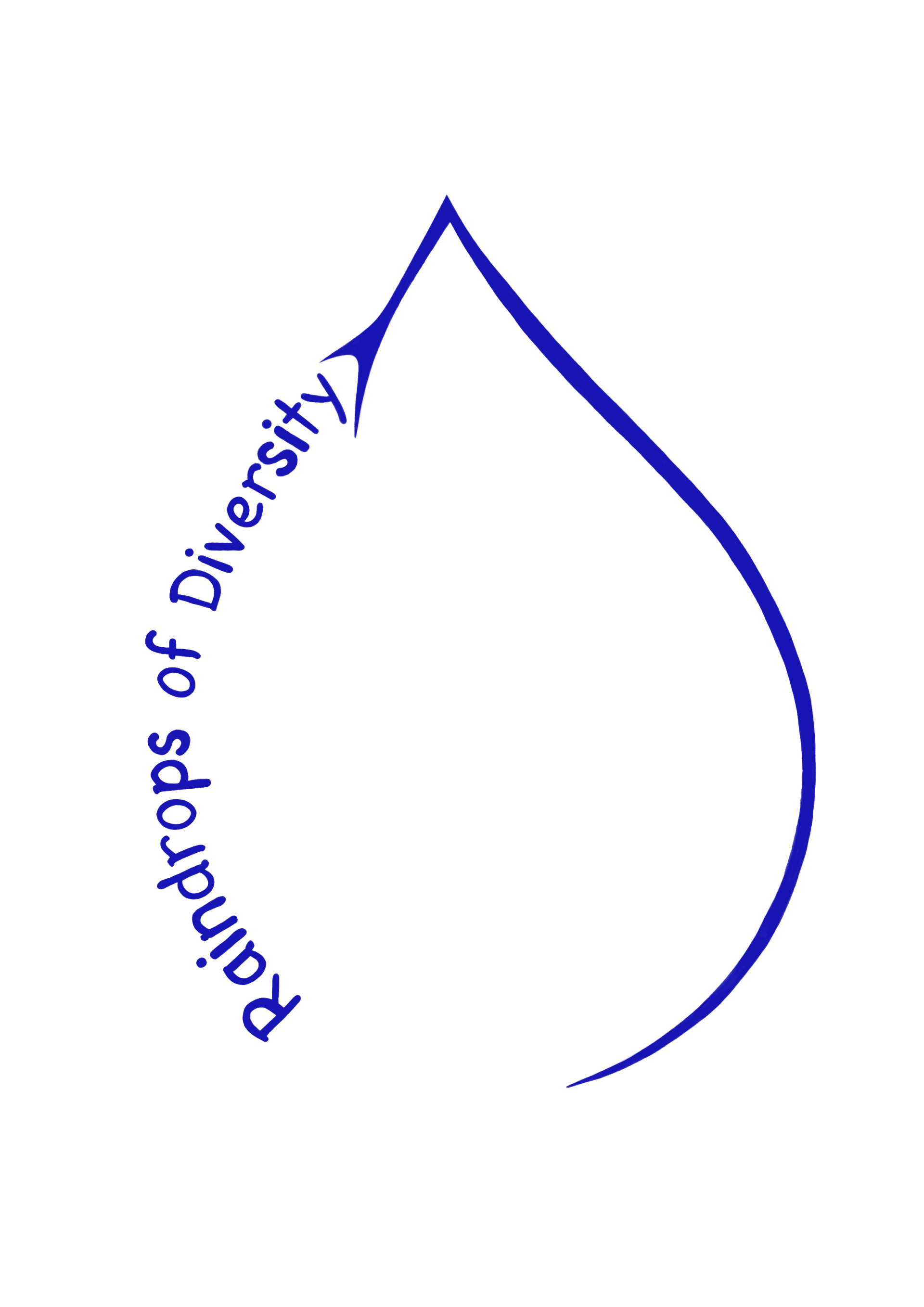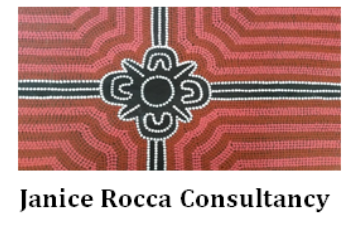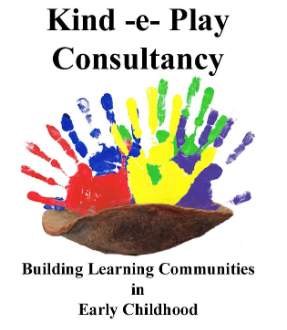Native Hibiscus Flower - symbol of Sorry Day

National Sorry Day
26th May
26th May
Compiled byJanice and Michelle
National Sorry Day is an important part of healing for Aboriginal and Torres Strait Islander Peoples and healing for a Nation.
National Sorry Day is held on 26 May each year to acknowledge and recognise members of the Stolen Generations. On this day, we remember and recognise our Stolen Generations and how they have been affected, either directly or indirectly, by this horrific part of our history since European colonisation.
Brief background to help you understand how National Sorry Day has come about:
National Sorry Day is held on 26 May each year to acknowledge and recognise members of the Stolen Generations. On this day, we remember and recognise our Stolen Generations and how they have been affected, either directly or indirectly, by this horrific part of our history since European colonisation.
Brief background to help you understand how National Sorry Day has come about:
On 26th May, 1997 the Human Rights and Equal Opportunity Commission tabled the "Bringing Them Home" report which was based on the findings and recommendations of the National Inquiry into the separation of Aboriginal and Torres Strait Islander children from their families.
One of the 54 recommendations made in the Bringing Them Home Report was to hold an annual day of observance - Sorry Day or National Day of Healing.
The first Sorry Day was held on 26th May 1998.
Indigenous children have been forcibly removed from their families and communities since the very first days of the European occupation of Australia. Nationally, the Inquiry concluded that between one in three and one in ten Indigenous children were forcibly removed from their families and communities between 1910 and 1970.
One of the 54 recommendations made in the Bringing Them Home Report was to hold an annual day of observance - Sorry Day or National Day of Healing.
The first Sorry Day was held on 26th May 1998.
Indigenous children have been forcibly removed from their families and communities since the very first days of the European occupation of Australia. Nationally, the Inquiry concluded that between one in three and one in ten Indigenous children were forcibly removed from their families and communities between 1910 and 1970.
The Bringing Them Home Report 1997.
As professional Educators it is to the great benefit of your community that you become informed about transgenerational trauma.
Removing children destroys community, and changes the relationships First Nations Peoples have with culture, family and country. Too many First Nation Peoples have experienced or had a family member experience separation. The effect of Stolen Generations is enduring and transgenerational, causing trauma, grief and loss across past, present and future generations to come.
Early Years Learning Framework has many overarching principles, practices, learning outcomes throughout with a focus on cultural competence and respect for diversity.
It is important to reflect on National Sorry Day from Educators and children's perspectives.
Here are some suggestions for Educators to help you get started.
Create your own sign (perhaps with a native hibiscus, the floral emblem of the Stolen Generations - a sign of hope and healing) and put it on your front fence, letterbox, tree, classroom or anywhere visual for others to see and share.
https://bringingthemhomewa.com/sorry-day/sorry-day-flowers/
Create your own sign (perhaps with a native hibiscus, the floral emblem of the Stolen Generations - a sign of hope and healing) and put it on your front fence, letterbox, tree, classroom or anywhere visual for others to see and share.
https://bringingthemhomewa.com/sorry-day/sorry-day-flowers/
Children can draw their own native hibiscus and write their own message on it to display.
Become familiar with the Bringing Them Home Report - watch a video testimony from some of the people who shared their stories.
https://bth.humanrights.gov.au/our-stories/video-testimonies
Become familiar with the Bringing Them Home Report - watch a video testimony from some of the people who shared their stories.
https://bth.humanrights.gov.au/our-stories/video-testimonies
Take a moment to talk about what Sorry Day is and what it means amongst your peers and community. Some good questions to ask are: How might families and communities still be affected by children taken away? Imagine how you would feel as a child, as a mother, as a father?
At your staff meeting, use music for reflections, like Archie Roach, "Took the Children Away" and other artists and musicians who have expressed the impact of this part of our history. Music is a great form of communication and healing and reflections.
Read the online "Sorry" children's book.
More information can be found on Reconciliation Australia.

Create a sea of hands in support of our First Nation Peoples.
More information can be found at ANTAR
Since 1998, Brisbane City Council has designated parklands around Brisbane that commemorate National Sorry Day where communities can come together in ceremony as a sign of respect, apologies and remembrance for the Stolen Generations each year around 26 May (National Sorry Day).
Perhaps your service can get the children to create a memorial wreath or card, on behalf of the children and your service. Someone could place these items near the plaque. It would be a lovely sentiment after the official ceremony finishes and out of respect for this occasion, perhaps photos can be taken to show the children back at your service, their contributions and connections to the community. The link below has participating park areas.
Perhaps your service can get the children to create a memorial wreath or card, on behalf of the children and your service. Someone could place these items near the plaque. It would be a lovely sentiment after the official ceremony finishes and out of respect for this occasion, perhaps photos can be taken to show the children back at your service, their contributions and connections to the community. The link below has participating park areas.
Come on this healing journey with us, recognitions and reconciliation are a big part of celebrating National Sorry Day.
Get in touch
-
Email: admin@janicerocca.com
-
0499 445 565 Janice
0412 083 015 Michelle -
www.facebook.com/RaindropsofDiversity
Copyright © {2025}



